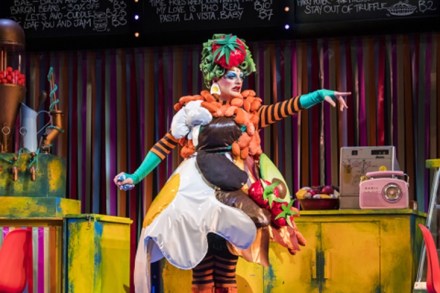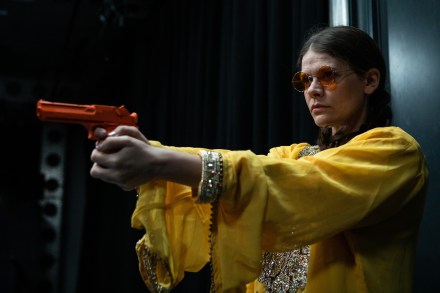How refreshing to see a show about prejudice that barely mentions white people
Lynette Linton opens her stewardship of the Bush with a drama about racial and sexual bigotry. Four British women decide to start a girl band but only one of them, Yomi, happens to be straight. The script mixes confessional monologues with bitchy interactions over kitchen suppers. Beth, whose parents are West Indian, once dreamed of living in suburban bliss with ‘a little concrete garage for my car’. She named her imaginary children ‘Pauline, Graham and Amanda’. But when she embraced black culture she threw out her Dostoevsky novels and her Dire Straits albums and invested in jazz-funk records and the works of Toni Morrison instead. Anyone with a lifelong allergy














